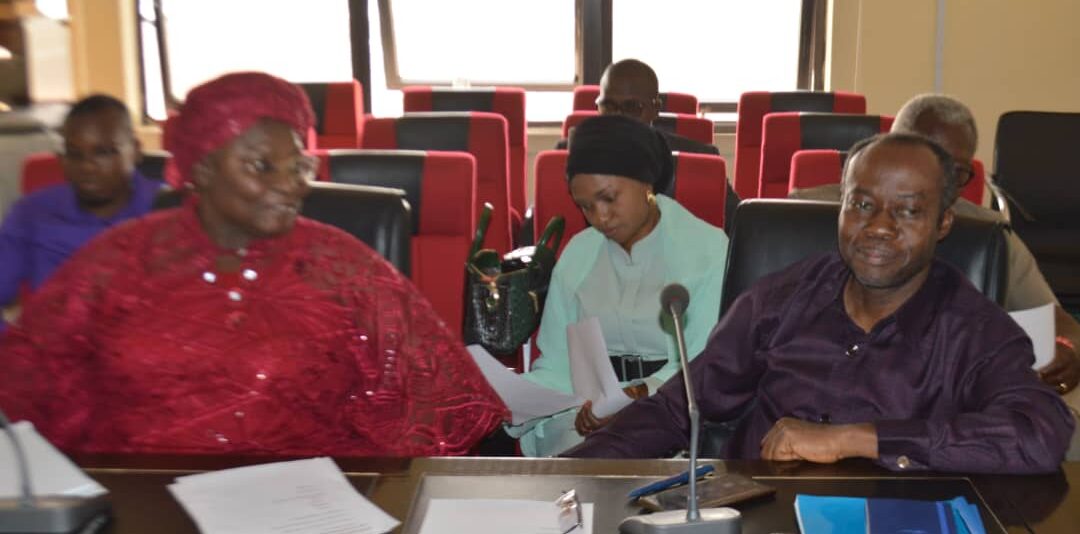The Independent Corrupt Practices and Other Related Offences Commission (ICPC), the Technical Unit on Governance and Anti-Corruption Reforms (TUGAR), with the collaboration of the Rule of Law and Anti-Corruption (RoLAC) have conducted a Corruption Risk Assessment (CRA) at the Nigerian Law Reform Commission (NLRC).
The validation session, held at the NLRC’s boardroom, also had in attendance representatives from the Economic and Financial Crimes Commission (EFCC) and the Code of Conduct Bureau (CCB) who were also part of the assessors that conducted the CRA.
Speaking at the gathering, the ICPC’s Head of External Cooperation Unit, Mr. Kingsley Obi, stated that the CRA report on NLRC was neither an indictment nor praise singing report but that it was meant to build the Commission and draw its attention to some vulnerabilities that may give room for corrupt practices.
He said, “The risk assessment identifies imminent threats and determines whether those threats actually relate to the organization, its operations, management and mainly, if it could be detrimental to the organization.”
The National Programme Manager of RoLAC, Mr. Danladi Plang, who was represented by Mr. Chukwuma Chinaka, disclosed that the Corruption Risk Assessment of the Nigerian Law Reform Commission was conducted by assessors drawn from different agencies saying “why we have to look into your system is to see how it could be strengthened and it is also a way to build capacities of other partners who are working together with us as assessors”.
He explained that findings from the assessment were based on discussions with members of staff, Commissioners and Management of the Commission and expressed the hope that the validation session would afford the parties involved the opportunity to address the grey areas identified.
On her part, the Head of the Technical Unit on Governance and Anti-Corruption Reforms (TUGAR), Mrs. Jane Adidu-Onwumere, stated that the aim of the CRA was to study the system of the Commission in the bid to identifying processes that could give room for corruption.
According to her, “this is not an investigation but rather to look at your processes, your system and to see where and how they are adept and vulnerable for corruption to occur. The aim is to work together with you to strengthen the work of the Commission. At the end of the day, our main aim is to ensure that together, we all work to meet the mandate for which you were setup for the greater good of the country.’
“It is hoped that we will all look at this report critically and be able to work together to celebrate the good practices that we see and address the areas that we may have seen gaps. We are looking forward to greater partnership in the future”.
While responding after the presentation of the draft report, the Chairman of NLRC, Professor Jummai Audi and the Commissioners of the Commission commended the team of assessors that worked on the draft CRA report saying “the draft was a good recommendation and representation of what is on ground in the Commission and we are going to look at it to bring about the needed reforms for the Commission.”

